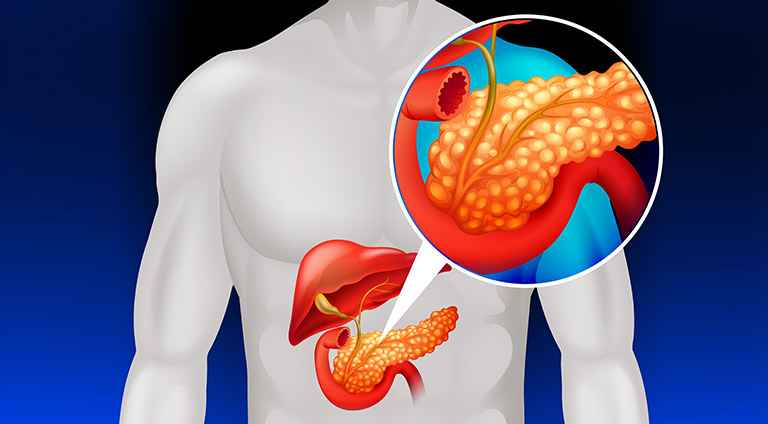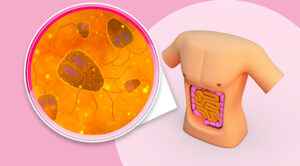Do you feel a sudden pain in the upper abdominal section? Does it get worse after eating? Is there a tenderness in the abdominal area? If you have other symptoms such as rapid pulse, nausea, and vomiting, the problem can be acute pancreatitis.
Pancreatitis is inflammation of the pancreas, the organ that produces enzymes and manages the way your body processes glucose. Acute pancreatitis is different from chronic pancreatitis because the former occurs suddenly and lasts only for a couple of days. On the other hand, chronic pancreatitis can last for years.
Patients often ignore acute pancreatitis because it is not a chronic disease that affects their lifestyle on a more permanent basis. However, recurring bouts of acute pancreatitis can become life-threatening if ignored. It can affect other organs such as kidneys, lungs, and the heart as well as compromise your overall health. Let’s find out what are the main symptoms of acute pancreatitis so that you can understand if there are any signs of trouble with your health:
- Upper abdominal pain
- Pain radiating from the upper abdomen to the back, chest, and lower abdomen
- Uneasiness after eating
- Abdominal swelling and tenderness
- Fever
- High heart rate
- Nausea, vomiting, and loss of appetite
- Diarrhea
- Mild jaundice
- Severe cases may include weakness and difficulty in breathing.
WHAT CAUSES ACUTE PANCREATITIS?
In a few patients, the cause of acute pancreatitis remains unclear. However, a majority of the times, the disease occurs due to the following conditions:
The presence of gallstones can result in an injury to the pancreas, especially if they are blocking the bile duct or the pancreatic duct.
Heavy alcohol consumption.
A high number of triglyceride levels (greater than 200 mg/dl) in the blood.
Hypercalcemia, a condition in which the calcium levels in the blood is above normal.
Obesity.
Having Endoscopic Retrograde Cholangiopancreatography (ERCP) surgery to treat another condition can cause acute pancreatitis.
Pancreatic cancer.
Reaction to medicine.
Heredity predisposition to acute pancreatitis.
The existence of cystic fibrosis or cystic fibrosis genes can increase the risk of both types of pancreatitis.
Certain kinds of viruses and bacteria may cause acute pancreatitis for a short duration.
Abdominal injury.
WHY SHOULD YOU NOT IGNORE THE SIGNS OF ACUTE PANCREATITIS?
If you ignore the symptoms of acute pancreatitis and consider them as common digestive issues, it can affect the quality of your life and even become fatal in serious conditions. In severe cases of acute pancreatitis, bleeding, tissue damage, infection, and cyst become quite common. It can affect a large part of essential organs as well.
So, do not ignore the symptoms of acute pancreatitis even if they subside after a couple of days. Visit a surgical gastroenterologist for accurate diagnosis and medical help. Discuss your medical history in detail with the GI surgeon so that he can recommend tests and diagnose the issue correctly.
The expert may suggest a blood test and pancreatic function test to ascertain the levels of pancreatic enzymes. You may have to undergo an ultrasound, CT scan, and MRI scan to identify pancreatic swelling and the presence of pseudocysts if any. A biopsy can also be a part of the diagnosis to study the tissue of your pancreas.
Once the surgical gastroenterologist confirms acute pancreatitis, he may prescribe you antibiotics and pain medications. You may be put on IV fluids and fasting to heal the pancreas. In severe cases where the gallstones are blocking the pancreatic duct or the bile duct, the doctor may suggest Endoscopic Retrograde Cholangiopancreatography (ERCP) or gallbladder surgery. Your treatment can include pancreatic surgery to remove fluids and dead tissues from the organ.
Are you looking for acute pancreatitis treatment? Visit the top HPB and GI surgeon of South Gujarat for immediate medical help. Book an appointment today by calling on +91-9016519832.





